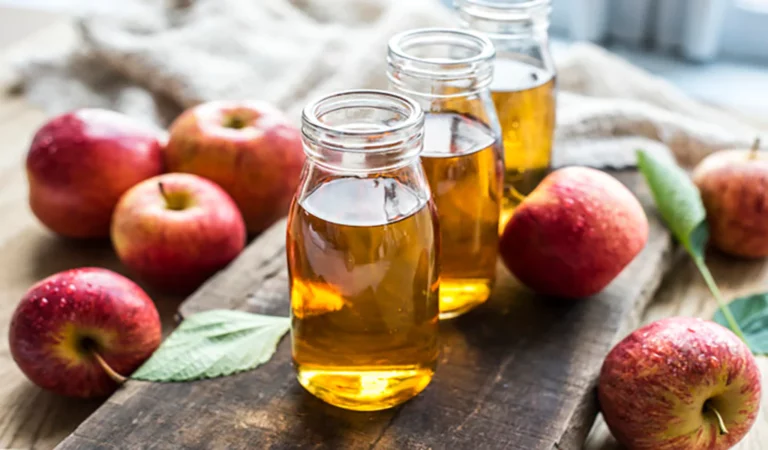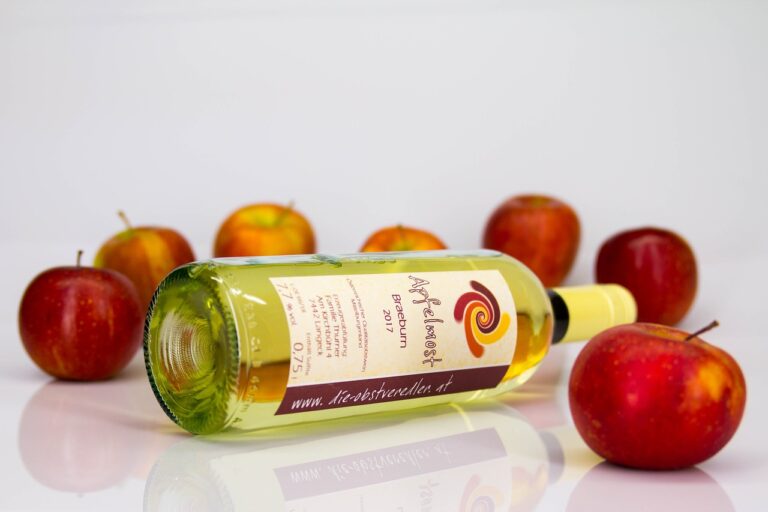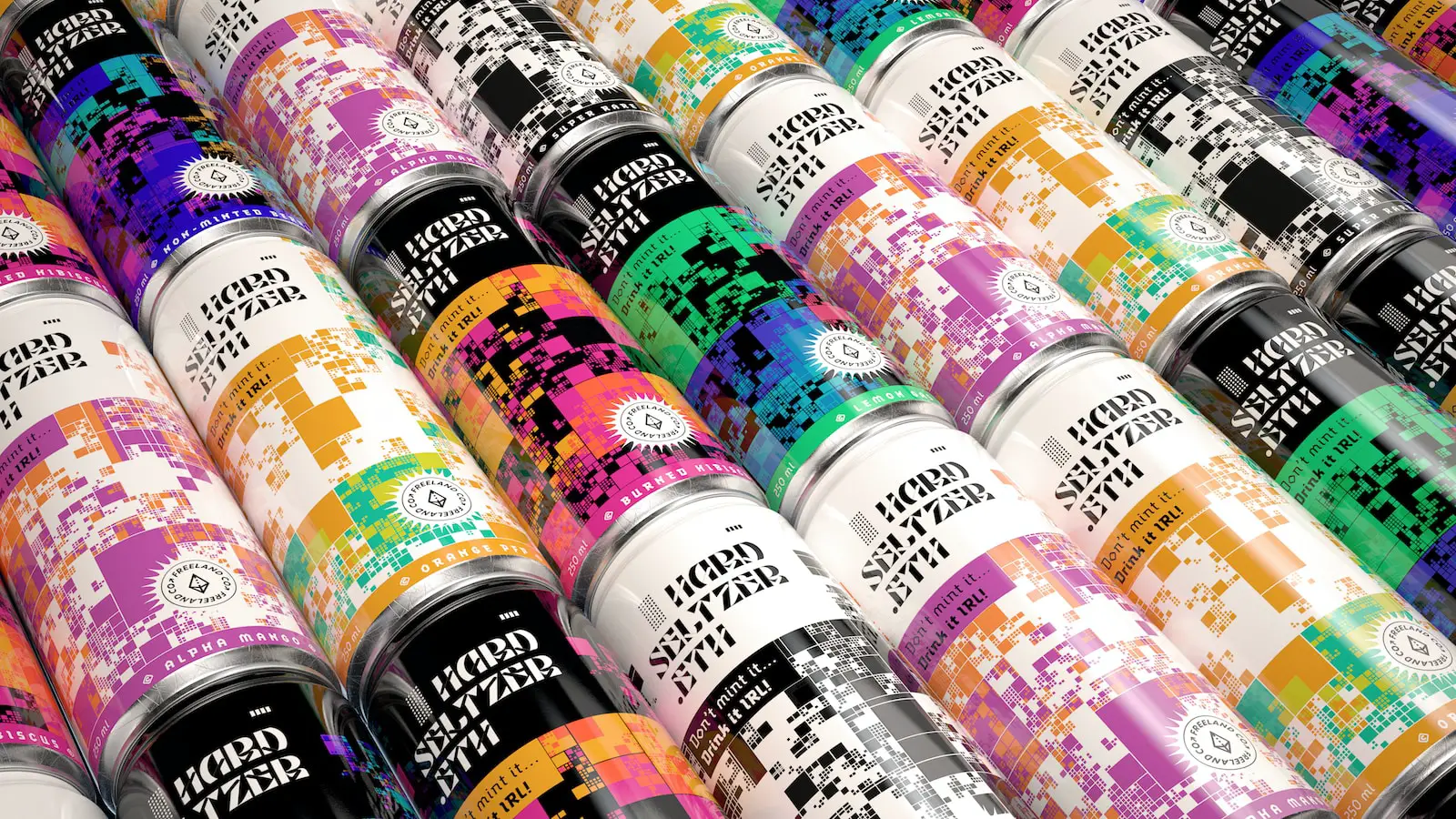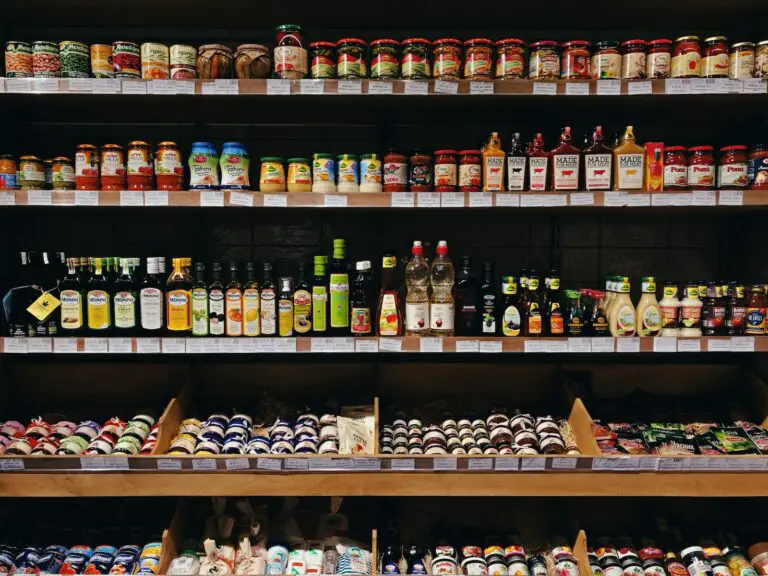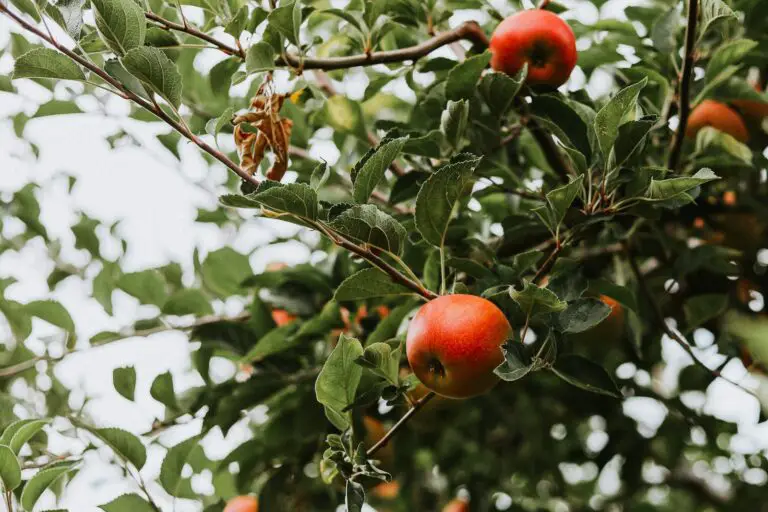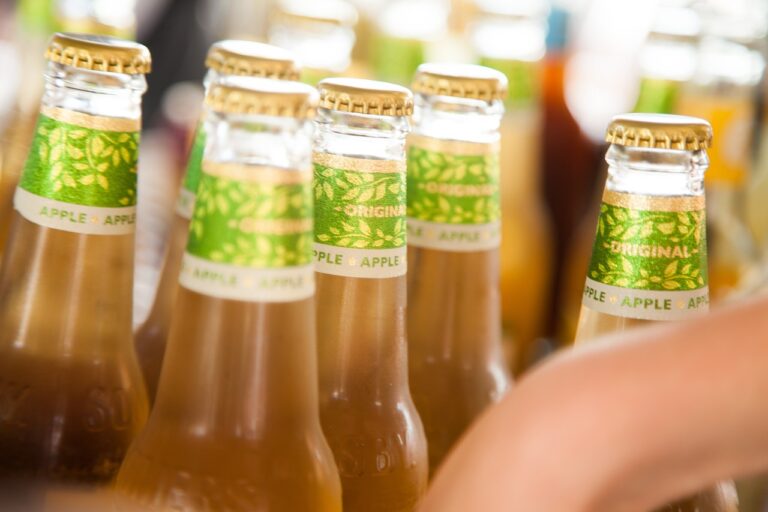Making hard cider is popular for many home brewers, especially during summer. It is an easy and cost-effective way to make your alcoholic beverage.
However, it is important to understand the legal requirements and restrictions when making hard cider.
Different countries have different laws on the production of alcohol, and it is important to be aware of these laws before you start brewing your hard cider.
In this article, we will discuss the legal requirements for making hard cider and provide legal advice on ensuring that you follow all the necessary regulations when producing your alcoholic beverage.
What Is Hard Cider, and What Are the Legal Requirements for Making it?
Hard cider is an alcoholic beverage fermented from apples or other fruit. It typically contains 5% alcohol by volume (abv). The term “hard cider” can also refer to nonalcoholic fermented beverages made from apples, especially in the United States.
Hard cider is sometimes referred to as “hard drink,” “hard apple cider,” “hard drink,” or simply “cider.” The term hard cider was first used in 1699 when the English Parliament passed a law that required new cider to be made with at least 45% whole apples.
The legal requirements for making hard cider vary, but each country has general guidelines.
However, here’s a list of nine legal requirements for making it:
- You must be 18 years old or above.
- You have to register with the FDA and get a license from them.
- It would be best to have the Department of Health and Human Services (DHHS) approval.
- You must get approval from the Food and Drug Administration (FDA).
- You need to register with the state where you are making your product so that they know what it is, how much it costs, etc.
- It would be best if you had a good idea, which must be original.
- You must be able to carry out the project, i.e., do the job yourself or with help from others.
- The project must not infringe on other people’s rights or interests, e.g., intellectual property rights (IPR), privacy rights, etc. unless you have permission to do so from the person whose rights you are infringing upon or if the law grants you the right to do so in your country of residence or origin.
- Your project must comply with all applicable laws and regulations, including those which apply to intellectual property rights (IPR), such as software piracy and patent infringement.
Understanding the Laws & Regulations Regarding Homemade Hard Cider Production.
Two types of laws and regulations on making and selling hard cider. The first is the Alcohol and Tobacco Tax and Trade Bureau (TTB), which is part of the Department of the Treasury.
The TTB has a web page dedicated to cider making, which includes information on applying for a license and obtaining other necessary permits.
The TTB’s website also offers several resources for cider makers, including guidance on labeling, storage, and other issues related to production and distribution.
The second type of regulation is state law. Each state has different requirements for homemade cider production and sale, so you must check with your local authorities before you begin making cider on your own.
Also, some states restrict the amount of alcohol produced or sold. It is important to research the laws in your area before beginning production.
Additionally, you must label all hard cider with the ingredients used, the alcohol content, and the producer’s name. Finally, all hard cider must be stored in a secure location and not be sold to minors.
Furthermore, it is important to note that homemade hard cider is not considered a beer or wine under federal law and cannot be sold for on-premises consumption. Therefore, you must follow all applicable state laws and regulations if you sell your cider for off-premises consumption.
However, it is illegal in some areas to sell hard cider if it has been fermented with yeast or must (also known as “natural carbonation”).
This means that if you want to sell your homemade hard cider at a farmers’ market or other events where there are food vendors present (such as a craft beer festival), you should make sure that it does not contain any yeast or must for it to be legal for sale at those events.
Practical Tips for Making Hard Cider Safely & Legally at Home.
Making hard cider at home is the perfect way to enjoy the traditional flavours of the holiday season without spending all day in the kitchen.
With a little know-how, making your hard cider is easy, and you can do it safely and legally. Here are some practical tips for making hard cider safely and legally at home:
- Make sure your apples are fresh!
- Don’t use apple juice concentrate or other concentrated fruit juices as they may contain added sugars that make them unsafe for fermenting into hard cider.
- Don’t use “cooking” or “canning” sugars in place of table sugar because these sugars have additives that can react with acids in your brew and cause off flavors or spoilage (this happens more often than you might think!). Pectin from apples can also be a preservative against unwanted bacteria, so don’t skip this step!
- Make sure your juice isn’t cloudy from suspended solids from the fruit or sediment from the pulp (especially if it’s cloudy after straining). Suppose it looks like this when you’re done adding ingredients; strain it through a cheesecloth into another container with no added ingredients until clear!
- Always wear gloves when working with the cider.
- Make sure that your fermenting vessel is clean and sterile. If it isn’t, then you’re inviting bacteria into your cider. Various yeast can make hard ciders, but many bacteria could contaminate them.
For example, if you use an open container instead of an airtight container for fermenting your cider, then the mold spores that you’ve introduced into your wine or beer will grow and multiply as they feed on sugars from the fruit.
If this happens, you’ll have a contaminated batch of hard cider that won’t taste good!
Conclusion
Making hard cider is becoming increasingly popular among craft beverage enthusiasts.
But is it legal to make your hard cider at home or in a commercial setting? The answer depends on where you live, as the laws and regulations vary from state to state.
It is important to know the laws and regulations that apply to producing alcohol in your area before starting this project.
In some areas, it is legal for individuals to make hard cider at home for personal consumption, while in other places, it may require a license or permit.


